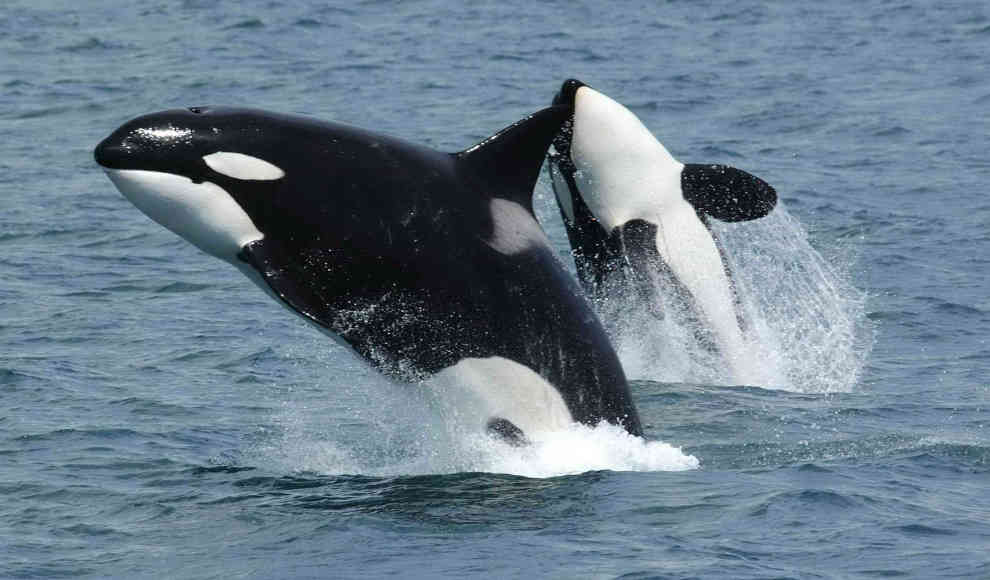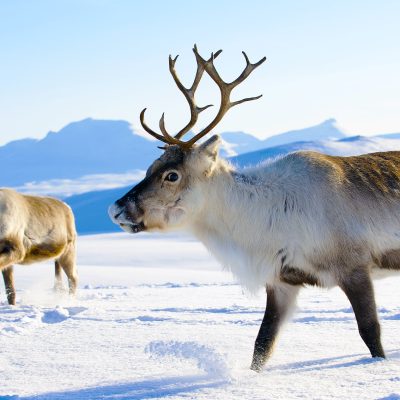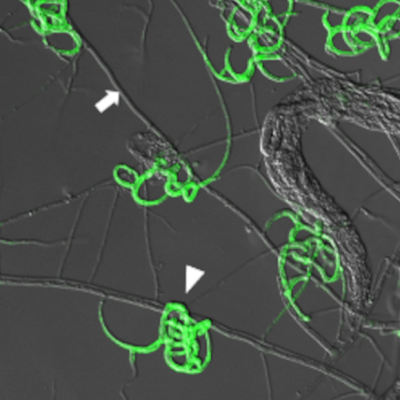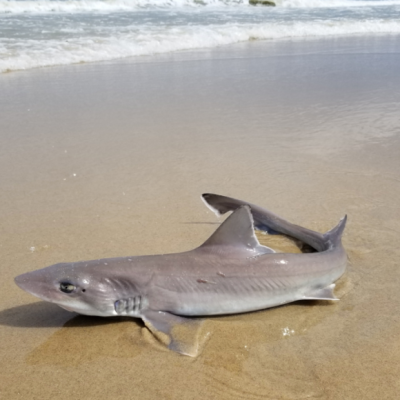In a surprising discovery, scientists have found that even great white sharks, with their average length of four meters and weight of up to 2,000 kilograms, have natural predators. A study conducted by the Monterey Bay Aquarium in collaboration with Stanford University has revealed that great white sharks avoid contact with orcas, also known as killer whales. The study analyzed movement data of great white sharks, killer whales, and elephant seals recorded over the past 27 years. The data showed that great white sharks leave their preferred hunting areas immediately upon the appearance of orcas and do not return for up to a year, even if the orcas only pass through the region briefly.
The study was conducted at the Farallon Islands off the coast of California, where elephant seals gather for mating. Great white sharks are known to prey on elephant seals, and therefore, they remain in the region during the mating season. Killer whales also hunt elephant seals, but only occasionally when they are passing through the area. Direct contact between orcas and great white sharks is rare, with only four documented encounters in the 27-year observation period. In all cases, the sharks immediately left the region for the entire hunting season. The orcas, on the other hand, typically leave the area after a short time to continue their migration.
It is unclear whether killer whales intentionally hunt great white sharks or simply compete for the same food. The study did not investigate this aspect. However, the researchers noted that orcas are at the top of the food chain due to their intelligence and communication skills. The study’s authors believe that further observations are necessary to fully understand the lateral interactions between these two marine predators. Meanwhile, elephant seals appear to be the big winners in this scenario, as orcas reduce their losses by a factor of four compared to great white sharks.










